
Police Interactions with the Mentally Ill
Let’s face it: when it comes to police interactions, the stakes can be higher than a cat on a roof during a thunderstorm. Now, add in mental illness, and things can go from zero to chaotic faster than you can say “I’ll take a large coffee, please.” The reality is that people with serious mental illnesses are over ten times more likely to experience use of force during encounters with law enforcement. Yikes! That’s a statistic that should make anyone’s coffee go cold.
Why the Disproportionate Impact?
So, what’s the deal? Well, it turns out that symptoms of mental illness can sometimes be misinterpreted by officers. Imagine someone having a mental health crisis and appearing hostile or resistant. Not exactly the best look when trying to communicate, right? This misinterpretation can lead to escalated situations, and tragically, between 2015 and 2020, a quarter of all fatal police shootings involved individuals with mental illnesses. Talk about a serious problem that needs addressing.
Policies and Solutions
It’s not all doom and gloom, though. Organizations like NAMI (National Alliance on Mental Illness) are advocating for policies that minimize the justice system's response to mental health crises. They’re pushing for approaches that prioritize health, well-being, and dignity. Because let’s be honest, no one wants to be treated like a villain when they’re just having a bad day.
What Can Be Done?
Law enforcement leaders and policymakers need to step up their game. Here are a few suggestions:
- Training, Training, Training: Officers should receive ongoing training on mental health issues. The more they know, the better they can respond.
- Community Outreach: Building relationships with mental health professionals can help officers understand the signs and symptoms of mental illness.
- De-escalation Techniques: Teaching officers how to de-escalate tense situations can save lives. It’s like having a secret weapon, but without the capes.
- Alternative Response Teams: Some areas are using specialized teams that include mental health professionals to respond to crises. This could be a game changer!
Conclusion
At the end of the day, we all want the same thing: safe interactions that preserve dignity and respect. Policymakers have a lot of work to do, and it’s up to all of us to keep pushing for change. Because let’s be real, nobody wants to see a situation escalate unnecessarily. So, here’s to hoping for better days ahead, where mental health is treated with the seriousness it deserves and interactions with law enforcement are as smooth as a well-brewed cup of coffee. ☕
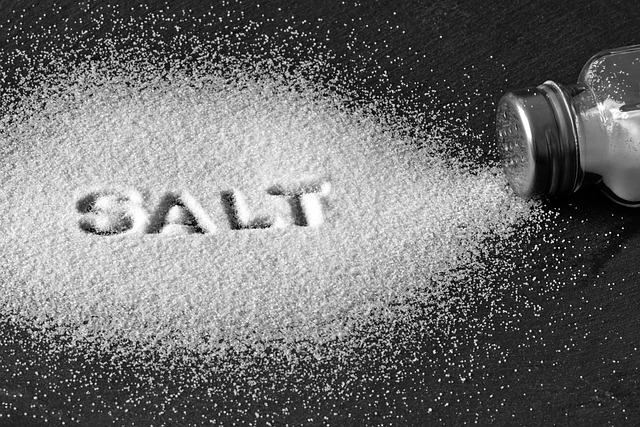




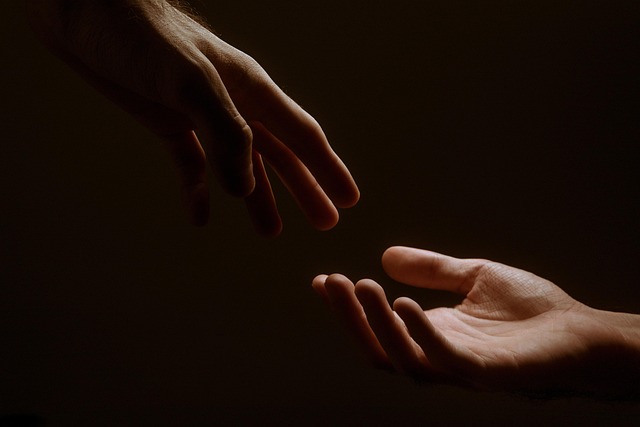

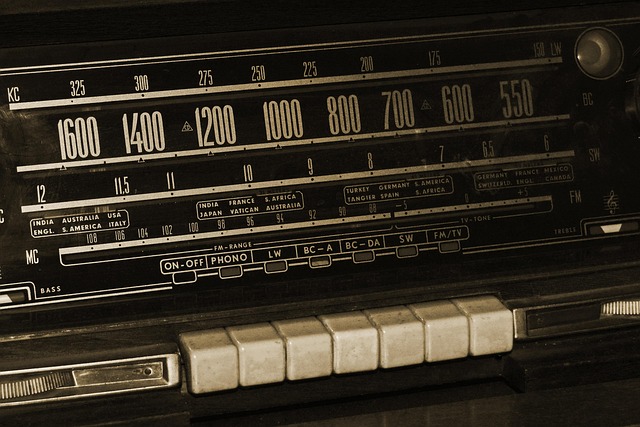

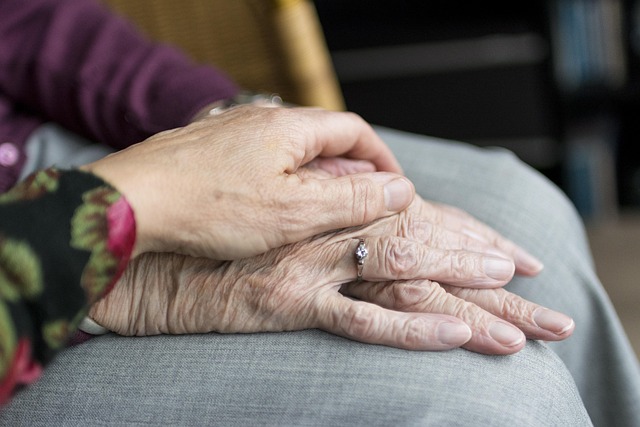



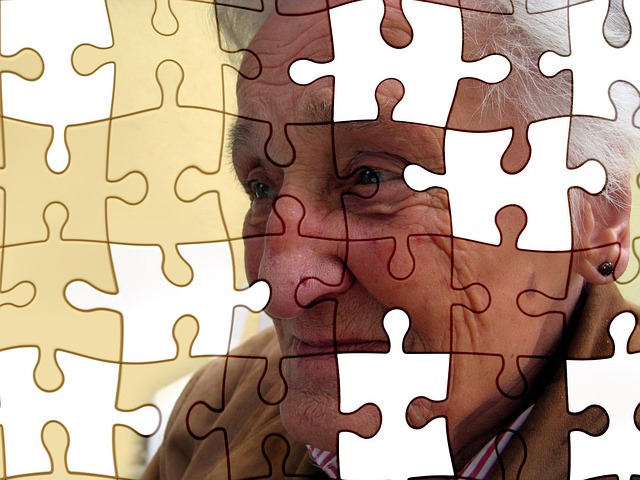



 Barrel Lengths For Ar15
Barrel Lengths For Ar15 
 Health
Health  Fitness
Fitness  Lifestyle
Lifestyle  Tech
Tech  Travel
Travel  Food
Food  Education
Education  Parenting
Parenting  Career & Work
Career & Work  Hobbies
Hobbies  Wellness
Wellness  Beauty
Beauty  Cars
Cars  Art
Art  Science
Science  Culture
Culture  Books
Books  Music
Music  Movies
Movies  Gaming
Gaming  Sports
Sports  Nature
Nature  Home & Garden
Home & Garden  Business & Finance
Business & Finance  Relationships
Relationships  Pets
Pets  Shopping
Shopping  Mindset & Inspiration
Mindset & Inspiration  Environment
Environment  Gadgets
Gadgets  Politics
Politics 